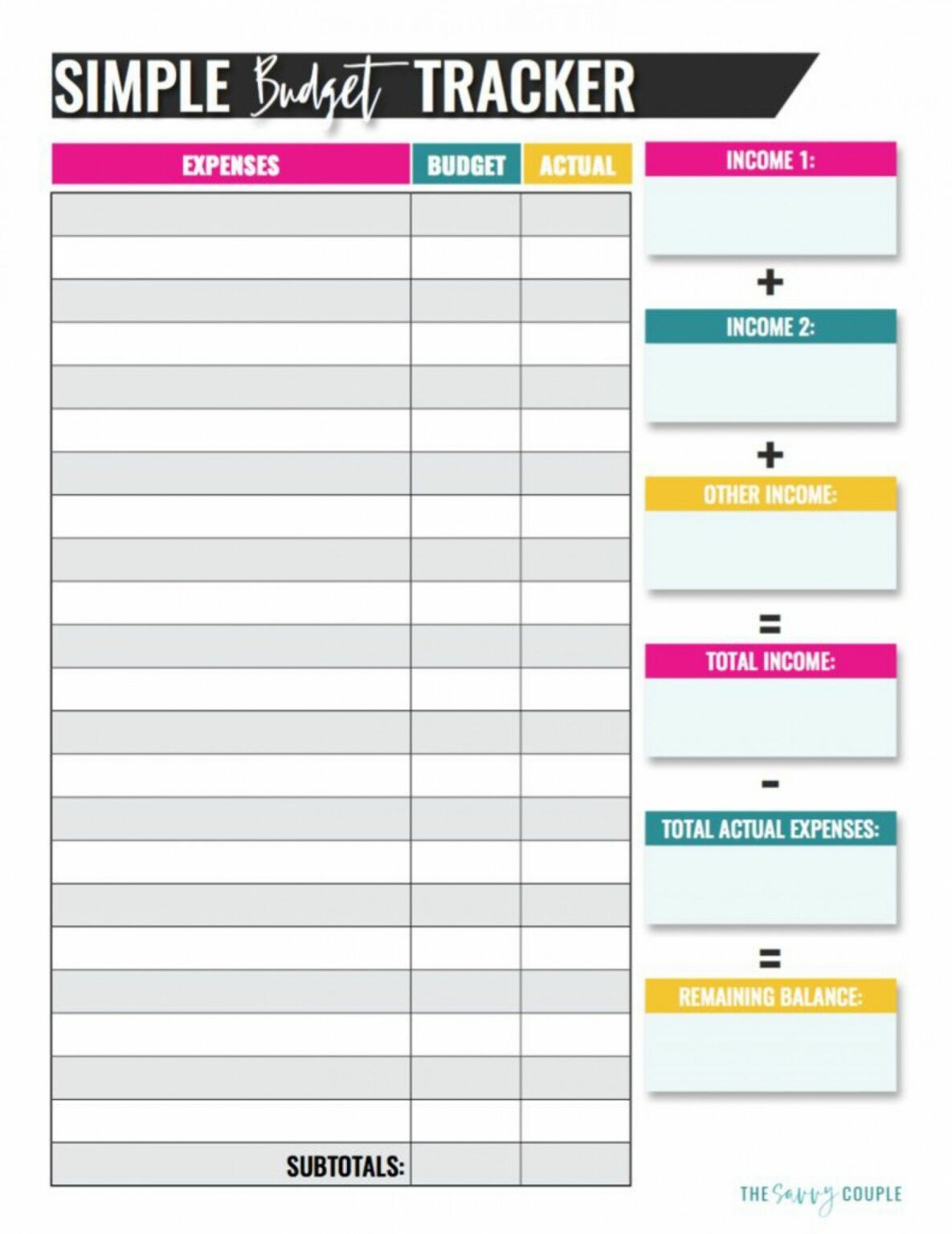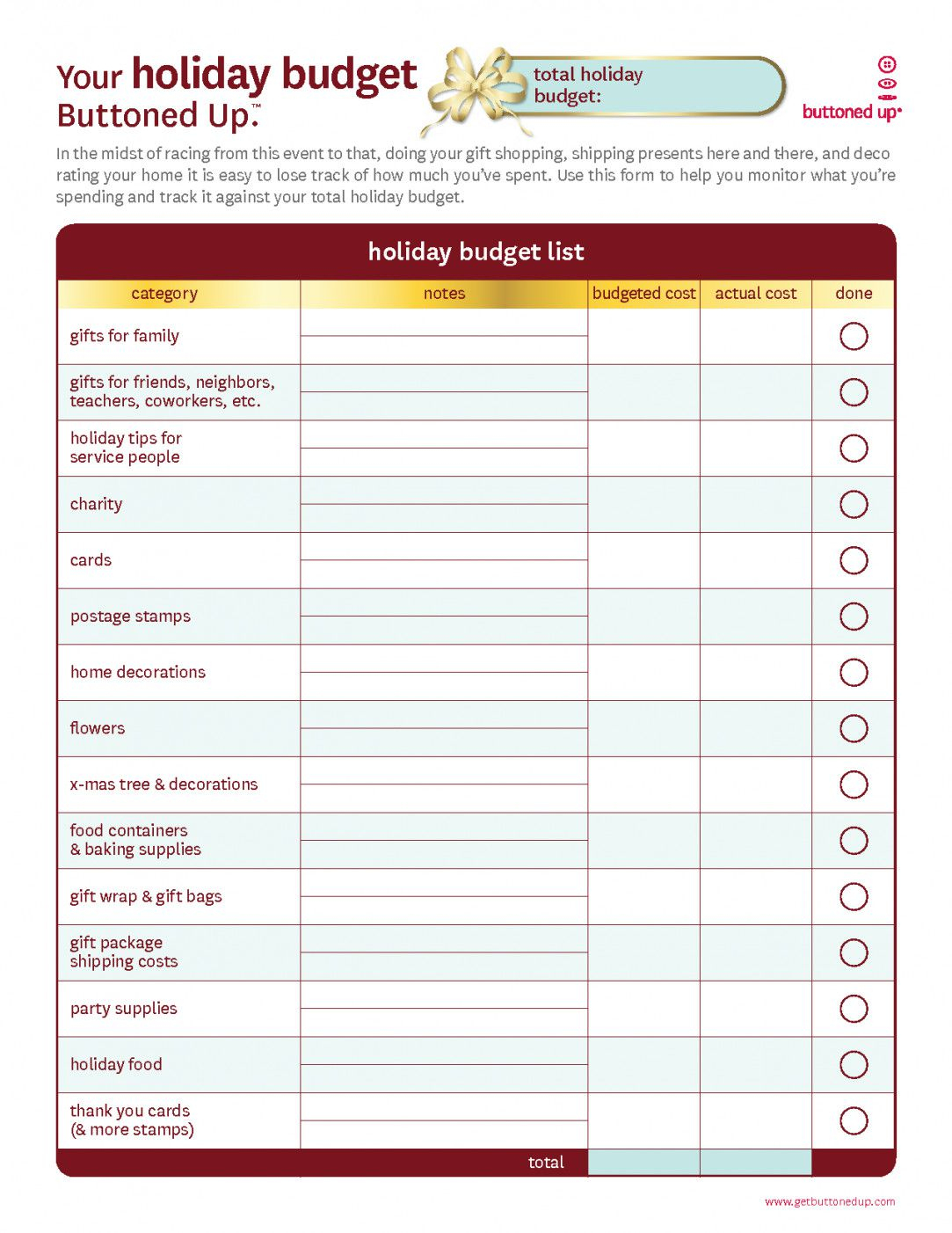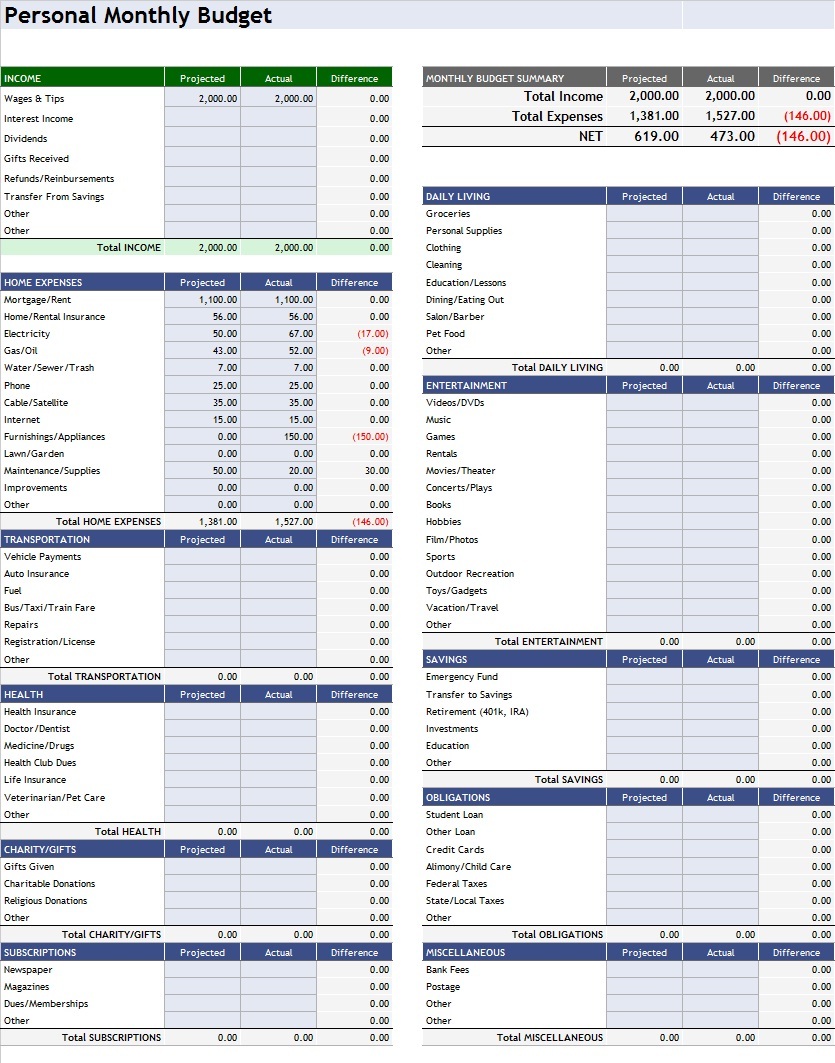


Medical Debt Total minimum monthly payments Store Cards Total minimum monthly payments Life Insurance if not already deducted from your paycheckĬredit Cards Total minimum monthly payments Health Insurance & Co-pays anything not already deducted from your paycheck Property Tax if not included in mortgage paymentĬondo or Homeowner Association (HOA) Fees

Home or Renters Insurance if not included in mortgage payment Now enter your expenses in the sections below. Other Monthly Income Examples include Social Security, child support, alimony, investments, pensions, etc. Your Net Monthly Pay Your net pay (or take-home pay) is the amount on your paychecks-your wages minus federal taxes, Social Security, Medicare, wage garnishments, health insurance, other benefits, etc. This, in turn, allows you to focus on finding ways to cut costs or increase your income so you can pay all of your bills each month and even start saving for the future.Start by entering your monthly income in the sections below. Prioritizing bills and expenses in order of importance lets you meet basic needs, protect your credit, and lower your financial stress. If you find that you don't have enough money left to make these payments after paying for your monthly expenses, contact your lender as soon as possible to negotiate a more affordable repayment plan. If you miss payments, your lender may eventually be forced to repossess these items. Remember that some debts, like mortgages and car payments, are secured loans and are tied to your house or car. Luckily, there are a number of websites that let you access your credit report for free.
#Monthly budget full
A record of late or missed payments could stop you from borrowing money or getting a place to live in the future, so it's a good idea to look at your credit report on a quarterly basis to get a full picture of all the money you've borrowed from lenders. Once you know your "must pay" monthly expenses, focus on paying any bills that could impact your credit, including debt from credit cards and loans. The expenses left are your "must pay" expenses for the month. Go through each expense on your list and make a note of any you can delay payment on or change for a brief period. There are probably items on your grocery list that can be removed to save money for other bills that month. Your food budget is a great example of an expense that is both a priority and something that you can adjust if you have more pressing bills to pay. If you pay for utilities, like heating and water, you may have a month or more to make your payment before having your service disconnected. Paying for shelter should always be the first priority, so you continue to have a roof over your head. This is where prioritizing, or deciding what to pay first, comes in. You probably have bills for some (or all) of the things on your monthly expense list, but you may not have enough money to pay all of them. Debt (student loans, credit card payments, etc.).Typical monthly expenses on this list should include the following: Don't worry about listing these in any particular order, the point is to calculate the total cost. Start by making a list of all the bills you pay each month and the amount you owe. If you're struggling to decide which bills to pay first, these tips can help you make a wise choice.

Although it's important to try to make all of your monthly payments, it may not always be possible. It can be tough to decide which bills and monthly expenses to pay first, especially if you're on a tight budget.


 0 kommentar(er)
0 kommentar(er)
